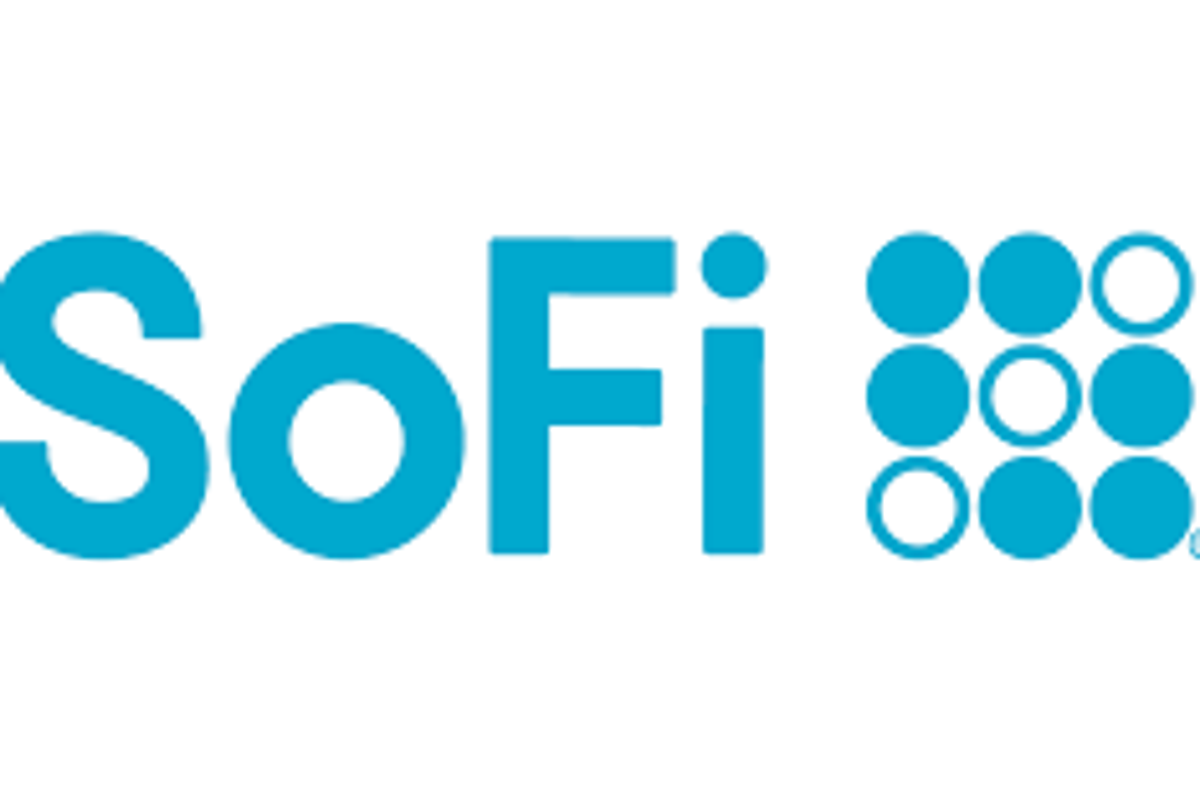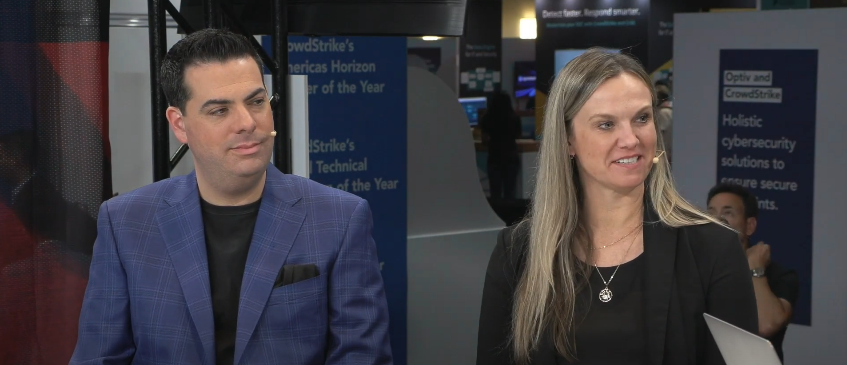By Dan Schmidt
Copyright benzinga

Initial public offerings have long been reserved only for insiders, institutions and accredited investors. Retail investors had to wait until the shares hit the exchanges, and by that point, the frenzy has already begun. Potential investors want to get into the stock market on the ground floor, accessing new businesses that could prove to be immensely profitable.
In the last few months, we’ve seen hot IPOs like Coinbase (NSDQ: COIN), Roblox (NSDQ: RBLX) and Bumble (NSDQ: BMBL) come to market with tons of hype and then immediately underperform. Institutional investors and retail traders alike are looking for future growth projections and businesses that can continually improve themselves.
SoFi® wants to give retail investors a chance to be insiders because early access means getting a better price. Here’s how to invest in IPOs using SoFi.
How to Buy IPOs on SoFi
What is an IPO Stock?
IPO stands for Initial Public Offering. This is a Wall Street term for a private company’s 1st public stock sale.
IPOs don’t happen overnight . Private companies usually have multiple seeding rounds to raise money and gauge interest.
If enough interest is present, the company can explore an IPO, which is brought to market by a team of underwriters. The bigger the IPO, the bigger the bank underwriting the shares.
IPO Pros and Cons
Pro: Getting in early on a successful company
One of the biggest appeals of IPO investing is the potential of finding the next Amazon, Netflix or Facebook. When a company goes public, it’s an exciting time. Demand for shares has reached a level that company insiders can no longer ignore, and the odds of long-term success are enhanced.
Con: IPOs tend to underperform early on
A 2008 paper found that IPOs tend to underperform expectations in the 1st 12 months. Over 7,000 new issues from 1975 to 2005 were analyzed, and most were found to lag within the 1st year before rebounding to normal levels. So far, this has been the case with the biggest IPOs of 2021 as well.
Pro: IPOs bring private data into public light
Private companies aren’t held to the same standard as public firms. One of the benefits public investors have over their private counterparts is transparency.
Public companies must report earnings quarterly and their stock price is a constant reminder of the valuation of the firm. Private company valuations are murkier and corruption is easier to hide.
Con: Lockup periods
Unlike shares bought on public exchanges, IPO shares often have some rules that must be followed. One of these is the lockup period, or the time early investors must hold their shares before selling.
The lockup period is anywhere from 90 to 180 days, although some SPAC IPOs have a lockup period of a full 365 days. Later investors and those who buy on exchanges won’t be subject to a lockup.
One common trading strategy is to short a stock right before it’s IPO lockup period ends in anticipation of insiders following the market with previously unavailable shares.
Pre-Market Purchases
Purchasing shares before they reach the open market is the ideal scenario for IPO investors. This is called the IPO allocation price. It’s the price that underwriters give the shares based on their research and data.
The allocation price is often purposely set low, allowing insiders to benefit from a first day pop. IPOs tend to have big 1st days. DoorDash had an absurd 113% gain from its offering price on the 1st day of trading, but only investors who got the offering price were able to profit.
IPO Price Considerations
Many factors go into the pricing of IPO shares. Creating a company valuation is a difficult process and underwriters must consider many different aspects of the firm. The most weight is given to the following factors:
Financial status: Underwriters meticulously go through the company’s balance sheet to compare its assets and liabilities. Debt levels, profit margins, cash on hand, equipment and other assets are considered when valuing the company.
Growth prospects: How much growth potential does the company have? This can be a tricky part when determining a company’s valuation because the future is difficult to read. But underwriters can interpret things like total addressable market (TAM) into the prediction.
Industry: No company is an island and the competition one is expected to receive goes a long way toward determining its value. What is the current environment in the industry? Are there strong incumbents the newly public company will need to contend with? Is the industry itself in an uptrend or downtrend? Underwriters ask all these questions and more when developing their valuation.
Monitor Your IPOs Stocks
If you want to invest in IPOs, you’ll need to keep an eye on them, perhaps even more so than your usual investments. If you’re subject to the lockup period, you won’t be able to sell your shares until that expires, so monitoring the shares isn’t as crucial.
But IPOs can be volatile and if you bought your shares on the open market, you probably have much less margin of safety than the insiders subject to the lockup. Some IPOs can be big winners in the short term, but many more fail to produce early on.
SoFi Makes IPO Investing Easy, But Be Mindful of Risks
For retail investors, the ability to get IPO shares at the allocation price is exciting. SoFi prides itself on being fair to everyday consumers and this is certainly a step in the right direction for that goal. To get IPOs at allocation price on other brokers, you’ll need much more capital and the luck of the draw on your side.
IPO investing can be risky though. If you don’t get shares at the allocation price, you’ll be forced to pay the open market price. And even if your IPO turns into the next Amazon, it could be some time before that happens since underperformance is rampant.
On the other hand, if you do get shares at the allocation price, you could also be subject to the lockup period, so always understand the rules and regulations governing your investment in an IPO.
Frequently Asked Questions



